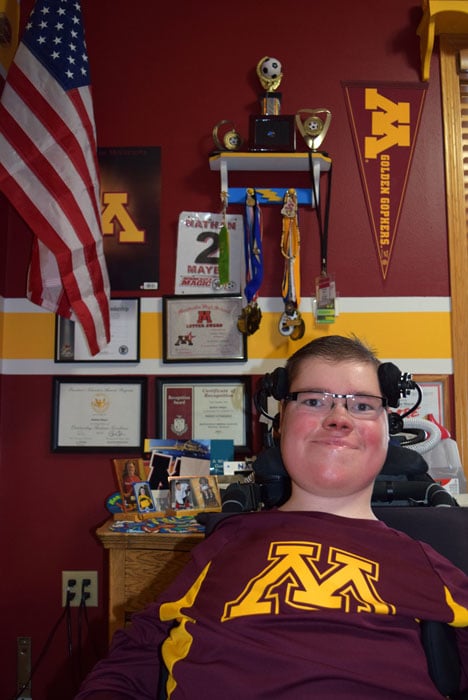How to talk to your kids when a classmate brings a nurse into the classroom with them for medical assistance
13-18% of children are considered to have special needs, though there is considerable variation (medical complexity, functional limitations, resource needs)
- Common diagnoses: cerebral palsy, spina bifida, epilepsy, conditions of prematurity, chromosomal abnormalities, SMA (Spinal Muscular Atrophy)
- Children with medical complexities are likely increasing in prevalence because of:
- Increased survival rates of those born prematurely, with various congenital anomalies or chronic conditions
- Improved treatments for acute and chronic illness
- Most parents of children with disabilities would prefer that other adults ask them about their child directly, rather than avoiding them. A smile or friendly “Hello!” is an easy icebreaker.
- Even if a child doesn’t talk, there are still activities the children can do together, such as play board games or arts and crafts.
- If your child wants to have a play date with a child with a disability or invite him or her to a birthday party, encourage it. Call the other parent and say simply, “How can we make this work?”
- Share any concerns with the other parent. Parents of children with disabilities will often be happy to facilitate a successful play date or outing.
- Extra effort goes a long way. For instance, learning simple signs so that you can better communicate with a child who is deaf (and uses sign language) will be much appreciated.
- Children with medical needs do not necessarily have special educational needs, don’t assume cognitive disability
- Understand that families of medically complex children will experience higher stress and anxiety
- Children with disabilities are like all children in that they want friends, respect and to be included
- Try to use clear, respectful language when talking about someone with a disability with other children
- Example: “She uses a wheelchair because a part of her body does not work as well as it could”



